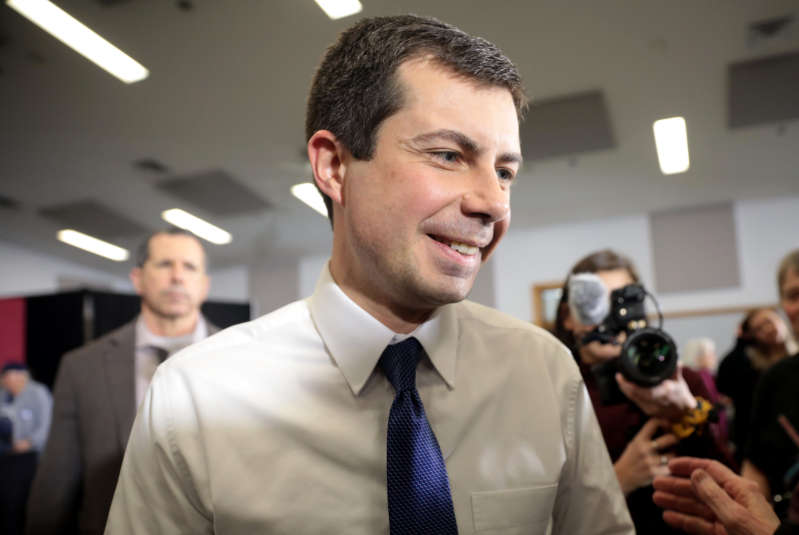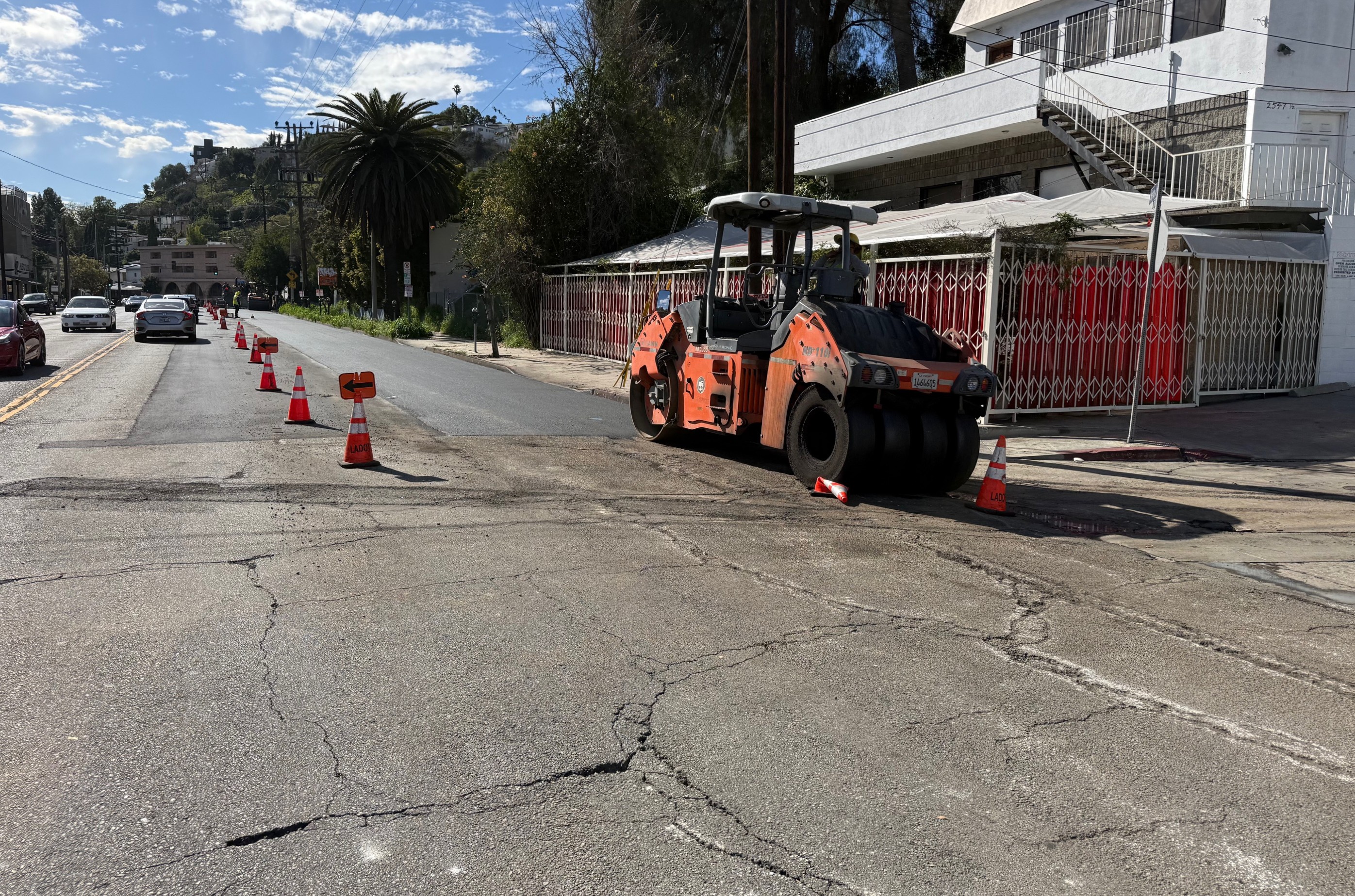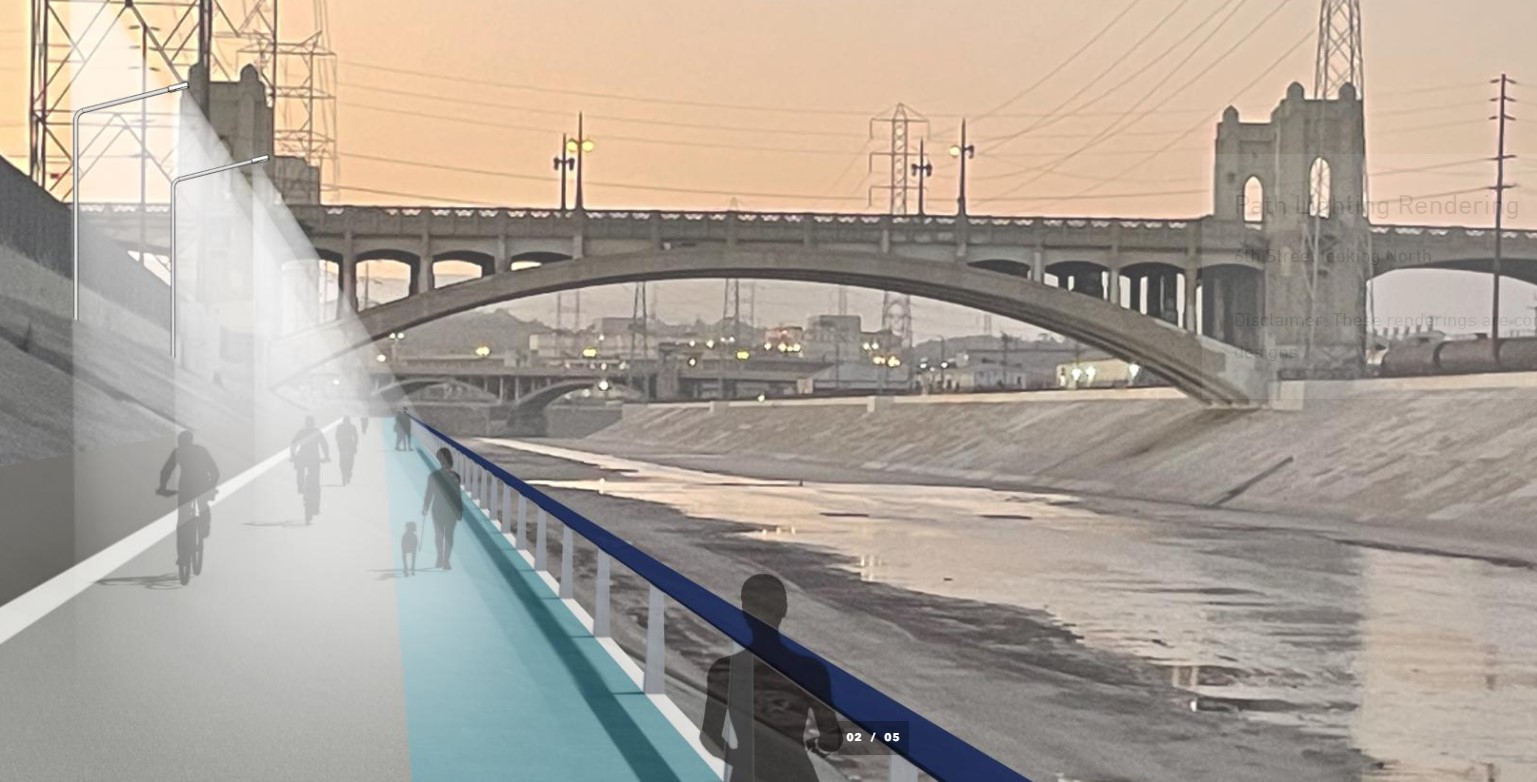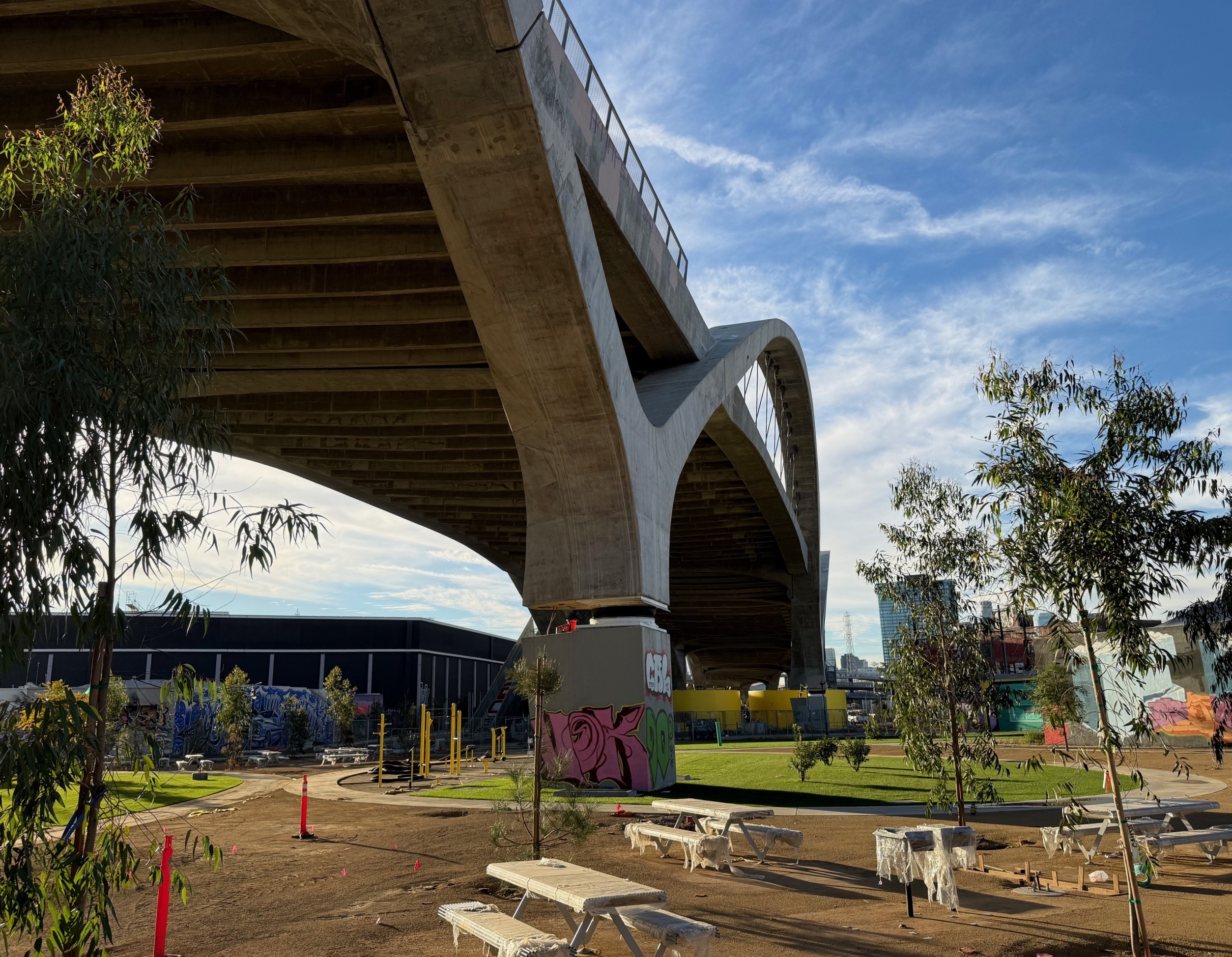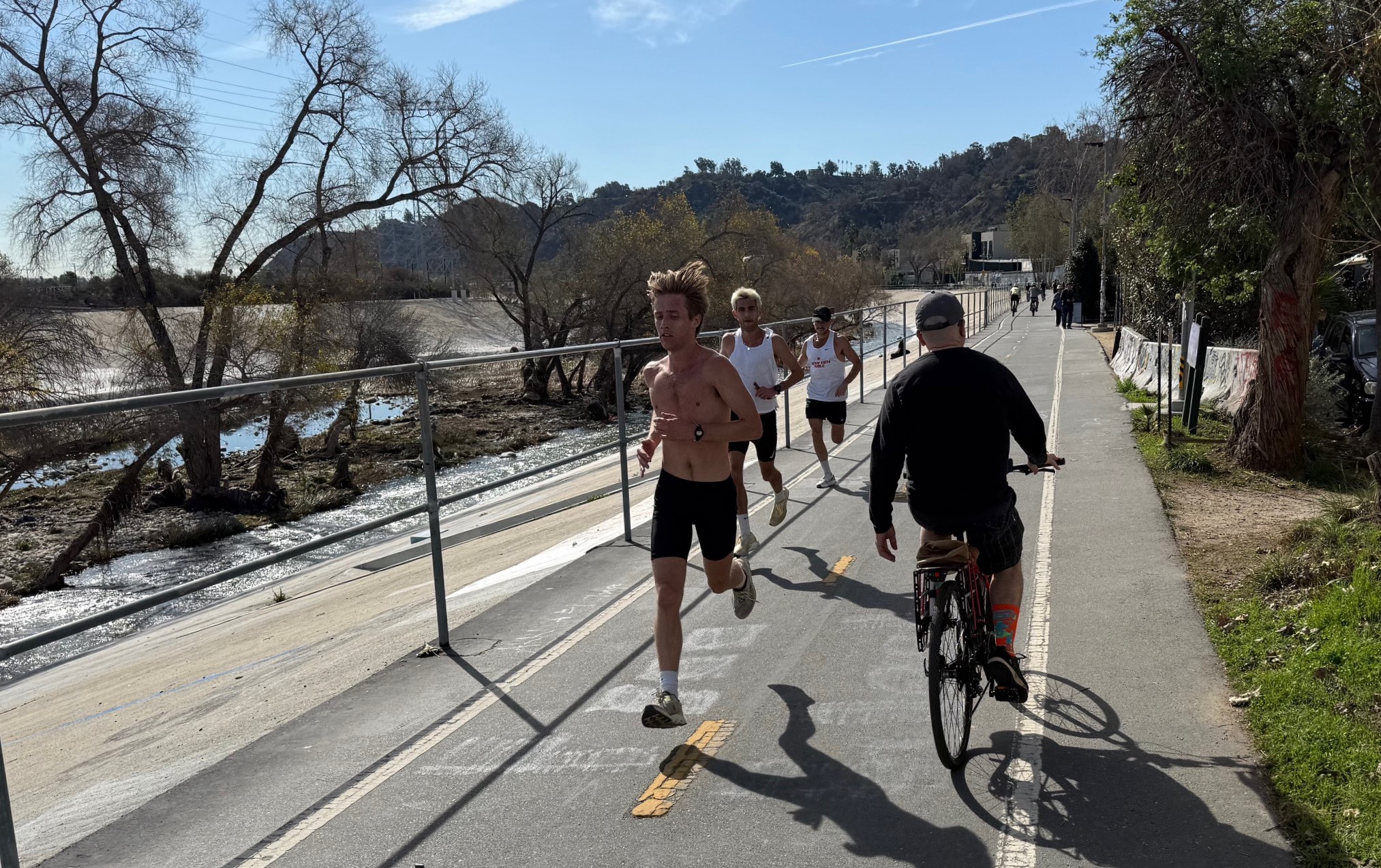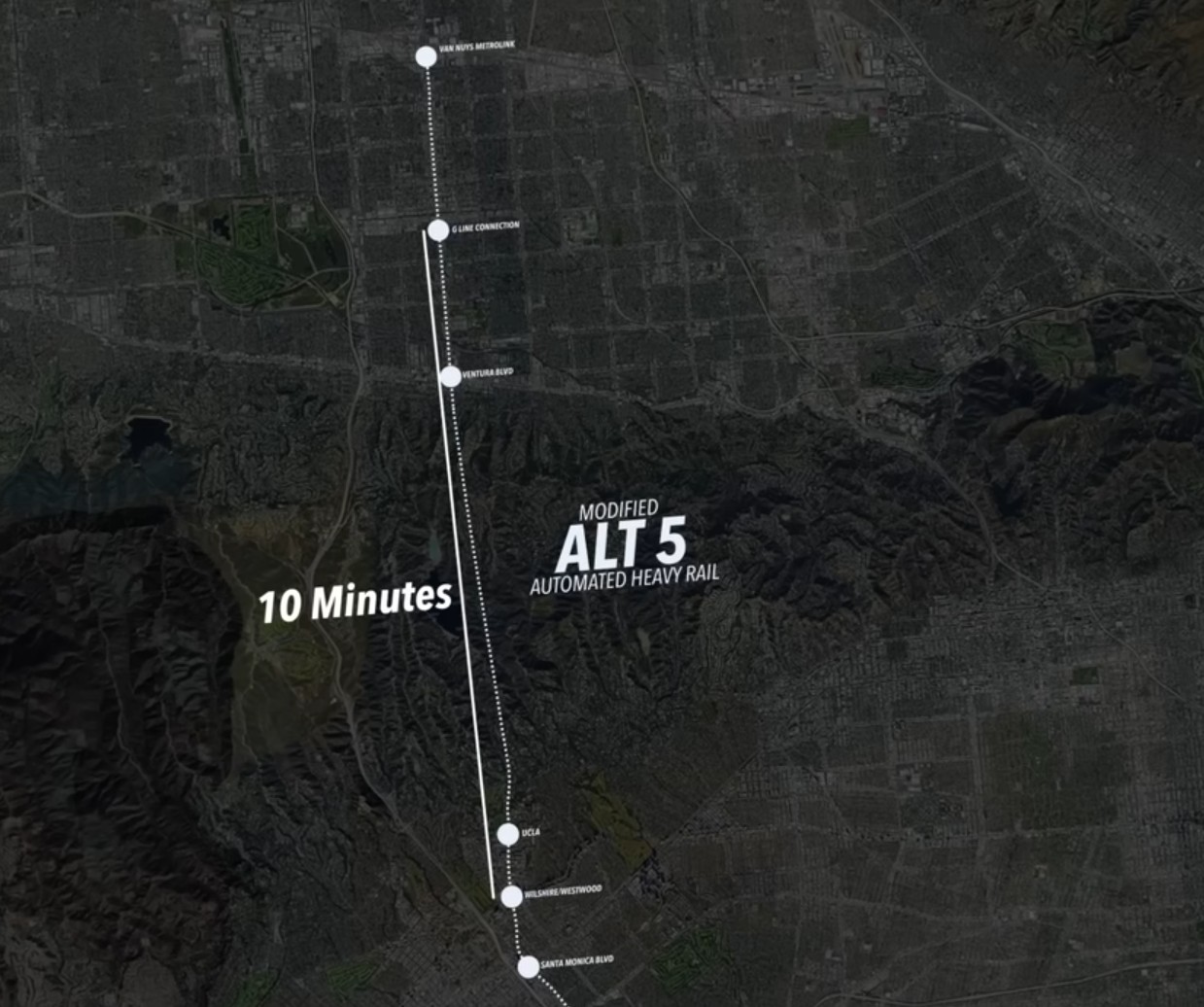So this is what it looks like to BUILD back better.
Late last week, the federal Department of Transportation wowed sustainable transportation advocates with its list of grantees for the RAISE discretionary grant program (previously known as the BUILD program, and TIGER before that), which will funnel $1 billion into transportation capital and planning projects across America — and stoked optimism for how the agency would spend the historic $100 billion in discretionary funding it just won with the passage of the Infrastructure Investment and Jobs Act.
The two lists, which includes more than 90 projects in 47 states, both heavily favor infrastructure that will improve safe and equitable transportation access for vulnerable road users across all modes. Of the handful of projects that will primarily address the needs of motorists, only 15 percent will expand road capacity rather than implement repairs on existing infrastructure, and roughly two-thirds will include Complete Streets elements that will provide new facilities for vulnerable road users or reduce driver speeds.
Advocates celebrated the news as a necessary and dramatic shift from previous grant cycles, which deepened disparities between highway and transit funding while over-concentrating resources in rural communities. Under the Trump administration, the program allocated roughly 60 percent of its funds to highways, 45 percent of which increased lane mileage for drivers, while transit projects only secured 8.5 percent of the funds, in contrast to the roughly 19 percent they'll receive this time around.
"Today, U.S. DOT made a strong down payment on their commitment to advancing safety, equity, and climate goals," said Corinne Kisner, executive director of the National Association of City Transportation Officials. "The funding awarded [Friday] will go to projects that make cities safer and more sustainable and will meaningfully improve people’s lives across the country."
Meanwhile, the projects that are funded in 2021 are far more likely to be greenway or complete streets projects than in 2020. Transit and railway projects also received much more funding than last year. pic.twitter.com/TatE3BCAjk
— Yonah Freemark (@yfreemark) November 19, 2021
A closer look at the list revealed some standout projects that have been the target of local advocacy efforts for years.
Making good on their promise to center equity in their grant-making decisions, DOT officials will send nearly $13 million to five projects aimed at healing communities torn apart by highways, a move which will mitigate the slashing that the visionary Reconnecting Communities program received during negotiations over the most recent infrastructure bill. That list includes:
- A $1.4 million planning grant to help the historically Black Rondo neighborhood of St. Paul to develop a comprehensive transportation plan that centers the safety, equity, and quality of life of residents,
- $2 million in planning grants to "develop a community-driven plan to redress the negative impacts of the Cross Bronx Expressway" in New York City, with an aim of ultimately reconnecting a neighborhood that was divided by the highway 60 years ago, as Streetsblog NYC reported.
- $900,000 to advance a popular project known as "The Stitch" that will cap a highway in downtown Atlanta.
- A whopping $11.9 million to convert a high-speed highway to a city street in New Rochelle, a New York City suburb.
Equity-focused transit projects were also big winners, including:
- An $18.5 million boost to help New Orleans deliver a long-overdue suite of improvements to its network, including a new neighborhood transfer hub and new fare collection technology across the network.
- $15 million in accessibility improvements at the Broadway Junction complex in Brooklyn, which the agency says will make the station fully ADA-compliant.
- $22 million to overhaul 20 miles of long-neglected east-west routes in Baltimore, connecting the two halves of the infamous "black butterfly" with "dedicated bus lanes, transit signal priority, ADA improvements, bus stop enhancements, and bicycle infrastructure."
Frankly enjoying Baltimore being the backdrop to the infrastructure bill. Keep the $$$ and the photo ops coming! https://t.co/boKfEzUVTZ
— Liz Cornish (@lizbybike) November 22, 2021
Street-completing projects also had a strong equity slant. Among the notable projects were:
- $18.2 million to reconstruct West Florissant Avenue in St. Louis, an effort which will transform a high-crash corridor that became famous as one of the primary sites of the Ferguson uprisings in 2016.
- $15 million to separate bicycle, pedestrian and car traffic along a key connector road for the Houlton Band of Maliseet Indians in Houlton, Maine, helping to protect a vulnerable indigenous population that's disproportionately likely to be killed while walking.
- $606,000 to fund the development of a Vision Zero implementation plan in Orlando, which routinely ranks as the deadliest metropolitan statistical areas for pedestrians, with the heaviest burdens of the death toll falling on people of color.
Roadsides aren't the only place where active transportation users will get more infrastructure in the coming years. A staggering 19 percent of RAISE funds will be devoted exclusively to the needs of people who walk and roll, largely in the form of trails, greenways, and retrofitted rail lines.
Those projects include:
- $12 million to complete a 50-mile urban trail in downtown Dallas.
- $17.8 million to finish the Marquette Greenway, which will span 60 miles between south-side Chicago and southwestern Michigan and cover the entire northern coast of Indiana.
- $12 million for a trail connecting the Nunakauyarmiut Tribe of Nelson Island, Alaska with regional medical services and other opportunities.
Trails advocates praised the strong start, and expressed hope that Congress would deliver even more to a program that got short shrift in the surface transportation reauthorization.
“This RAISE cycle makes an unprecedented and critically needed investment in active transportation," said Kevin Mills, vice president of policy at Rails-to-Trails Conservancy. "Yet the opportunities that exist to accelerate the completion of connected trail and active transportation networks nationwide are many times as large and require ongoing investment. We hope that the Administration will double down on its commitment by asking Congress to appropriate the funds to launch active transportation connectivity grants that were authorized in the infrastructure bill.”
Buttigieg and his colleagues will have a lot of chances to double down on their safety and equity priorities in the years to come. Under the recent surface transportation reauthorization act, funding for RAISE grants alone will increase by 50 percent next year, and several new grant programs aimed specifically at increasing roadway safety and climate resilience will provide even more funding for sustainable transportation priorities.
Those discretionary grants, unfortunately, will be dwarfed by formula funds that states can use however they wish — including on projects that needlessly expand highways. Still, advocates say that if DOTs can be pressured into spending their unrestricted funds right – and if Buttigieg and co. continue to award such worthy projects whenever they have a choice — Americans have good reason to be optimistic.
"The U.S. is about to spend an unprecedented $1.2 trillion on infrastructure," added Kisner. "Cities and states must propose — and states and U.S. DOT must select — projects that directly address the safety, climate, and equity crises that America faces today. This inspired selection is the model to draw from."
